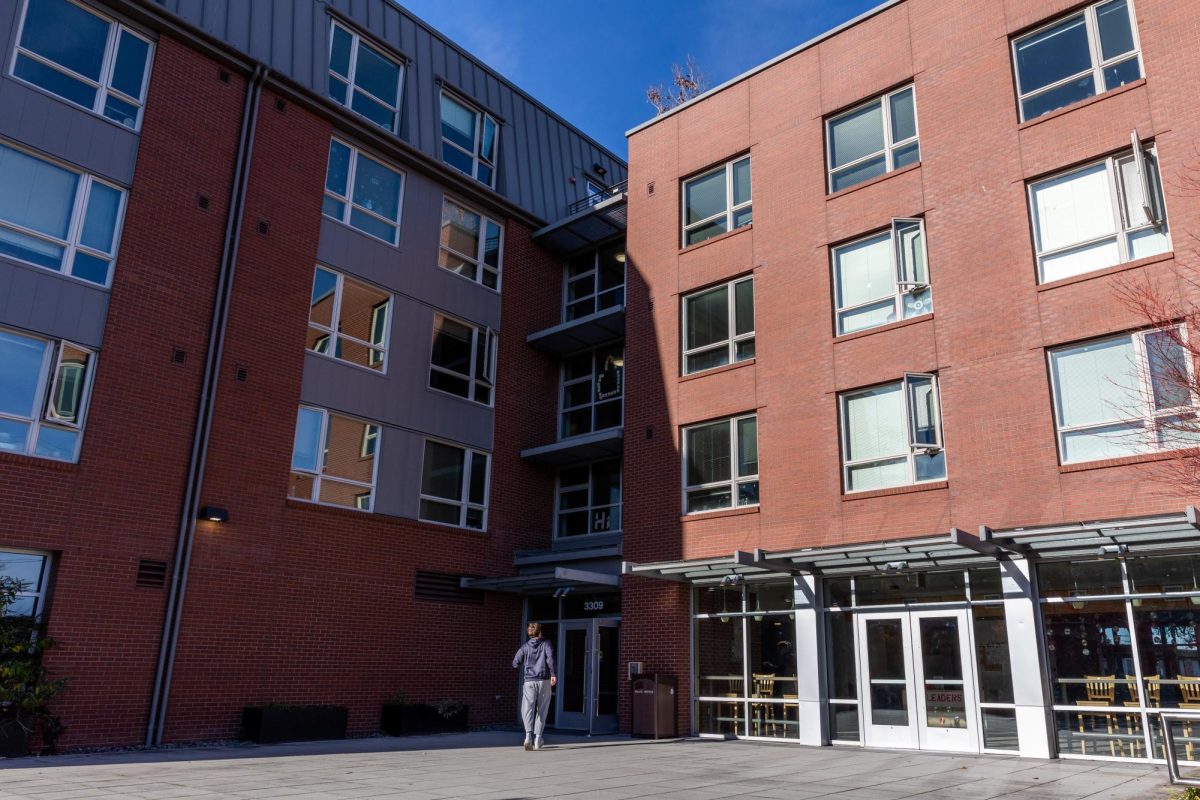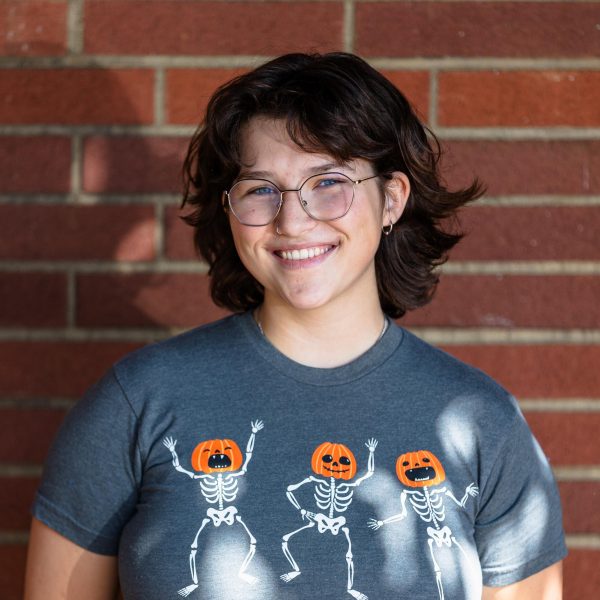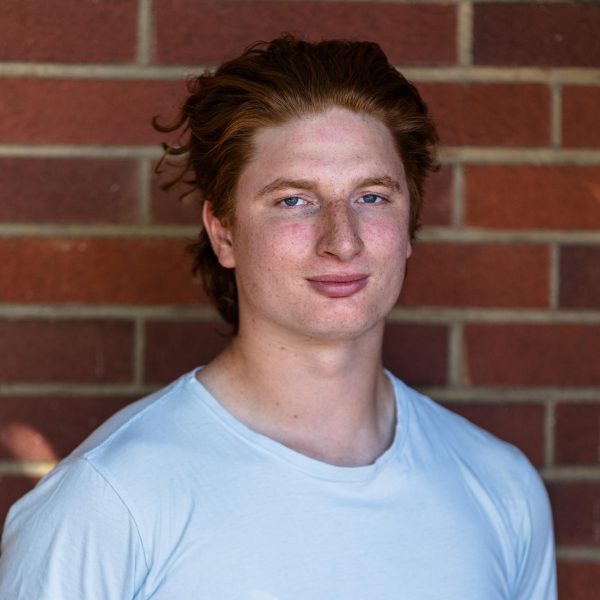
The upcoming six-week winter break is not a relaxing pause to schoolwork and stress for all students at Seattle Pacific University – several SPU students expressed a lack of stable housing through the closure of residential halls, and are being aided by faculty and staff members.
From Nov. 22 at 10 a.m. to Jan. 2 at 1 p.m., doors to residential halls are locked, heat is turned off, dining services are shut down and some SPU students lose the academic year benefits of a housing and meal plan.
First and second-year Falcons are required to live on campus in Emerson, Hill or Arnett Halls. The few exceptions to this rule include student-athletes, those who live with relatives near campus and some student employees. Students outside these categories are often denied off-campus housing, meaning they must stay in the dorms when open, and leave the dorms when closed.
Brittany Tausen, associate professor of psychology and director of undergraduate research, worries about both the students she knows and does not know who struggle with housing insecurity.
“We are not setting our students up to do well or have strong mental, emotional and physical health,” Tausen said. “It’s really hard to see that happen in our community.”
Keeping dorms open through every break would intensely strain SPU regarding finance and security. Apartments allotted for isolation and quarantine during COVID-19 spikes also served as break housing for approximately three years. Those apartments are full this year, meaning the university has to change tactics, operating on a case-by-case basis for needing and qualifying students.
When she heard of some students’ plans to sleep in their cars, Tausen began circulating a survey to gauge how many students needed to house with a willing faculty member or receive additional aid. After the first night, three students had filled out the survey, explaining that they would not have housing from Nov. 22 through Jan. 2.
“It just makes me want to cry and scream at the same time,” Tausen said.
Chuck Strawn, dean of students for community life, is working with students and Housing to verify everyone’s safety.
“It’s a real small number of folks who actually need housing and we’re working to find a spot for them,” Strawn said. “We get lots of folks involved to make informed decisions, and try to have a baseline rubric. We always take every student’s situation seriously and listen carefully.”
Due to the lengthy, six-week nature of the upcoming winter break, students with jobs find it hard to both keep employment in Seattle and find employment wherever they are going.
“[Students with jobs] need to stay in Seattle over the break, and are now in a bind in terms of figuring out how to keep their jobs over the six weeks term, to be able to go to a place where they have shelter,” Tausen said. “Decisions were made in a different student body and with a different break in mind.”
The face of SPU students’ financial realities has shifted, with more students needing stable jobs than before. The long break is set to shorten in the 2024-25 school year, which will help students’ time-off requests. Yet, some students remain housing insecure no matter the length of the dorm closure.
Karen Snedker, professor of sociology at SPU, is an expert on housing and homelessness.
“We know that there are a few students without somewhere to live during break, and this has been true for several years,” Snedker said. “Maybe it’s always been true.”
There are few structures in place outside contacting Housing for individual help.
“We don’t really know the scope of the problem,” Snedker said. “Frankly, we need to know how many students are really without housing, because that’s going to guide what the policy response from the university could and should be.”
Any students needing housing stability during break dorm closures should contact Housing Services and faculty members.
“When people say, I need to stay on campus so that I can work. There’s a huge bunch of questions that you got to ask,” Strawn said. “We [Strawn and Tausen] are kind of partnering on stuff like that, and the few students that I have heard about, we’re going to try to get a bit more information and help them.”


















































































